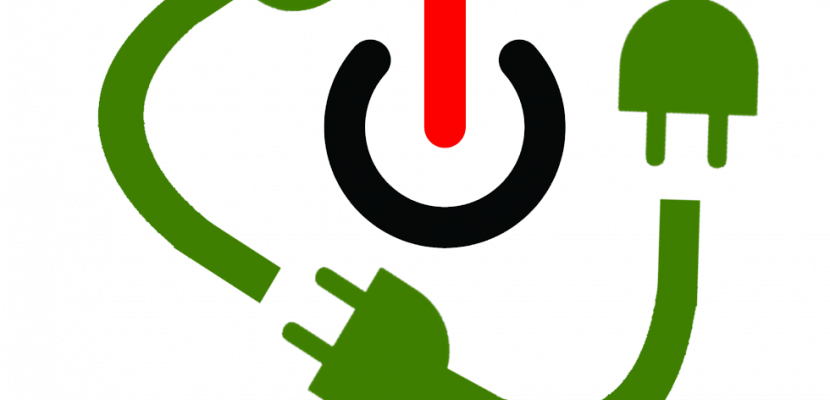Image

Tech-takeback
Published on 01 July 2020

United Kingdom
Surrey, East and West Sussex
This is the good practice's implementation level. It can be national, regional or local.
About this good practice
Tech-Takeback’s mission is to increase reuse of old tech – taking broken and/or working unwanted tech and safely erasing the data on data-bearing items and then focus on enabling it to have a second life (if feasible). If the item really is at the end of its useful life, they will ensure that it is responsibly recycled or safely physically destroyed as appropriate.
They have had local authority sponsored pop-up events that facilitate local people bringing in their unwanted tech within the following categories:
· PCs
· Tablets
· Laptops
· Hard drives
· CDs and DVDs
· Memory cards
· USBs and USB connected devices
· Mobile phones
· Smart phones
· Games consoles
· Printers
· Digital cameras
· Sat Navs
· Cables
The main stakeholders are the initiators of the project, grant/funding bodies (who enabled the enterprise) and the Local Authority.
Partners include a data-erasing hub and a company focussing on mobile phone erasure as they are particularly difficult to deal with and there is a second-hand market for those which allows some recovery of operations costs for data-erasure.
Beneficiaries include those donating the tech (who receive a free safe data-erasure service that is usually costly) and those that receive the second-hand technology for second-life use (local charities, education providers in developing countries). There are also traditional tech recycling operations
They have had local authority sponsored pop-up events that facilitate local people bringing in their unwanted tech within the following categories:
· PCs
· Tablets
· Laptops
· Hard drives
· CDs and DVDs
· Memory cards
· USBs and USB connected devices
· Mobile phones
· Smart phones
· Games consoles
· Printers
· Digital cameras
· Sat Navs
· Cables
The main stakeholders are the initiators of the project, grant/funding bodies (who enabled the enterprise) and the Local Authority.
Partners include a data-erasing hub and a company focussing on mobile phone erasure as they are particularly difficult to deal with and there is a second-hand market for those which allows some recovery of operations costs for data-erasure.
Beneficiaries include those donating the tech (who receive a free safe data-erasure service that is usually costly) and those that receive the second-hand technology for second-life use (local charities, education providers in developing countries). There are also traditional tech recycling operations
Resources needed
Data-erasure partner, freegle www.ilovefreegle.org is a ‘shareconomy’ webpage allowing exchange of useable/second-life items utilised. Grants for operational capital (creating pop-ups) and generally support other stakeholders outputs, eg increasing recycling of waste electronics for the municipality
Evidence of success
Since November 2018, Tech-takeback has effectively engaged with the Municipality and the community to provide 5 pop up shops, attracted 606 people have donated 4,768 items of tech weighing 8.9 tonnes, equating to 6.2 tonnes of carbon reduction, and created 3 FTE jobs.
Potential for learning or transfer
Tech-takeback is an example of an entrepreneurial approach to solving a key barrier to disposal of tech: Data security. By offering safe, free data-erasure, it becomes an attractive option for giving tech a potential 2nd life. However, the requirements of meeting standards for data-erasure and tracking and inventory or returned items is complex. Each returned item requires much evaluation.
The key learnings are that much of the waste received is not re-usable and thus materials recovery is key. Municipality involvement is important. Repairs that could make much of the tech re-usable are often economically unviable, in terms of complexity, facilities etc. Links to the challenges of poor design for disassembly, or design for repairability/modularity from the originating product producers. The volume of available e-waste that is being retained by consumers or simply forgotten about is huge and contains many valuable resources. More regularity will rescue more resources.
The key learnings are that much of the waste received is not re-usable and thus materials recovery is key. Municipality involvement is important. Repairs that could make much of the tech re-usable are often economically unviable, in terms of complexity, facilities etc. Links to the challenges of poor design for disassembly, or design for repairability/modularity from the originating product producers. The volume of available e-waste that is being retained by consumers or simply forgotten about is huge and contains many valuable resources. More regularity will rescue more resources.
Further information
Website
Good practice owner
You can contact the good practice owner below for more detailed information.
Organisation
Tech-takeback

United Kingdom
Surrey, East and West Sussex
Contact
Enterprise Fellow